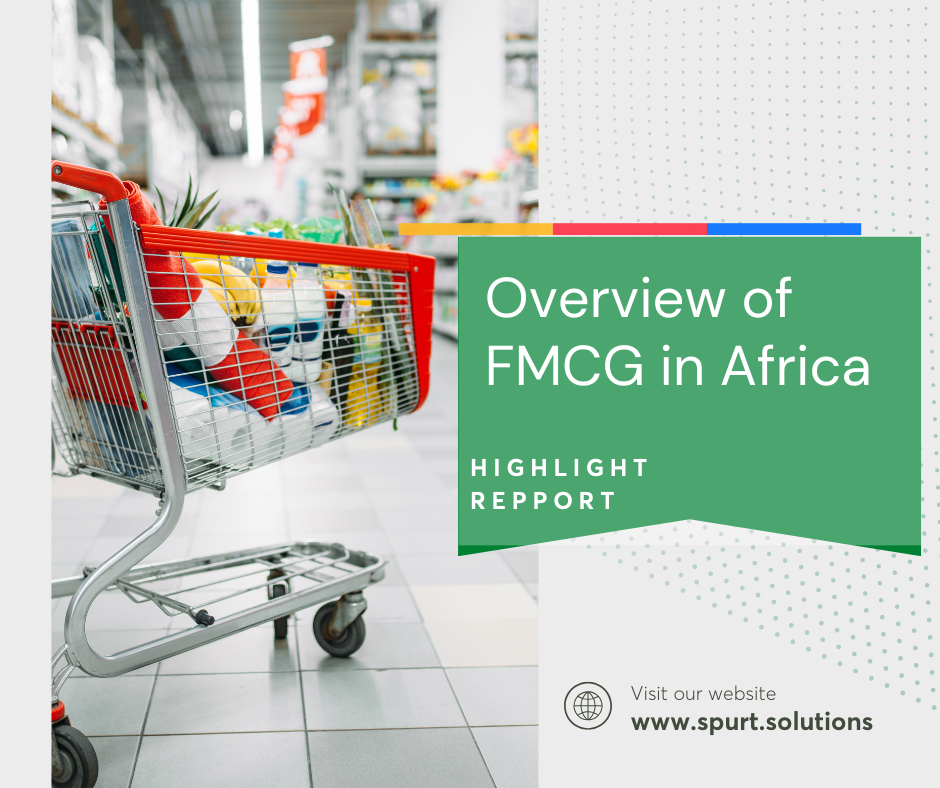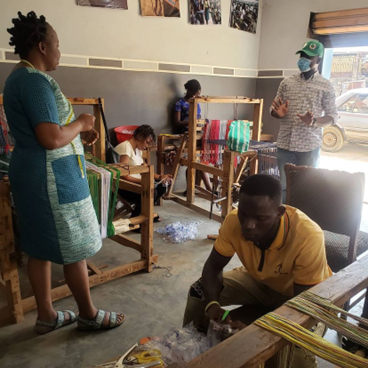The Future of Made In Africa Brands: Empowering Micro, Small and Medium Enterprises to take centre stage
At Spurt! We are always looking to amplify solutions to critical and specific challenges in Sub Saharan Africa. This week, we reviewed How Africa Can Build More Successful Brands by Thebe Ikalafeng, Africa Brand Leadership Academy.
In the last publication of the 100 most admired brands in Africa, Made in Africa, brands performed dismally. The poor performance of local brands in the rankings further upheld the narrative that Africans don’t prefer locally made brands.
A prompted Made In Africa survey by the team at Brand Africa revealed this list of Top 10 brands, which showed that only Zimbabwe, Tanzania and Zambia had local brands taking the number one spot. Liberia’s most popular brand was an African brand from another country.
Thebe’s interview revealed that Made in Africa brands lack enough resources, and there is not enough patience and patronage directed towards these brands’ growth.
A scrutiny of the Top 100 most admired brands in Africa reveals that MSMEs do not feature strongly. However, some countries have made a concerted effort to ensure a celebration of top local brands.
For a long time now, KPMG Kenya and Nation Media Group have partnered in publishing an annual list of the Top 100 SMEs across the country. Through its largest SME portal, Connect Nigeria has also been partnering with other key players in the private sector like Union Bank to publish the Top 100 up and coming businesses across 28 different sectors.
These opportunities offer MSMEs a platform to gain brand recognition and create top of mind awareness from a national level.
A recent Spurt! Article touched on ways MSMEs can thrive and build resilience with changing times. Access to markets and limited scale of production continue to hamper the sustained growth of MSMEs.
Many of the companies featured on these ranking lists have huge turnovers due to their ability to reach new markets and ramp up production to meet new demand.
Small businesses might not have the muscle to compete with the big brands, but there’s a clear opportunity for new partnerships that will give rise to MSMEs’ growth.
Initiatives bourne out of the African Union like Afro Champions provide a sure-fire chance for the more prominent brands to offer a Launchpad for MSME growth.
These established companies with advanced production mechanisms and sophisticated routes to market strategies have earned the right to catalyse their local ecosystems and build inclusive value chains with local contractors and small businesses in mind.
With the ratification of AfCFTA, the lifting of non-tariff barriers will bring Africa’s MSMEs to the continental trading table. As the trading opportunities open up, there are apparent gaps that brand leadership will need to fill.
Small businesses would need to establish themselves as leaders in their different sectors to enable them to have more market access.
Organisations like Africa Brand Leadership Academy and Nendo that deliver learning and professional development for leaders can take this chance to partner with MSMEs and inspire brand leadership that build Africa’s image, identity and prosperity. The launch of Made In! By Spurt!
Solutions will also bring much-needed visibility to Made in Africa consumer products through its Instagram based product review platform. They are unlocking brand leadership opportunities that come with a review of products.
There’s a budding chance for African brands to think locally and act globally. Businesses that take up this mantra should dare greatly and aim for growth beyond the African markets.
Companies like Mara Phones have joined the battle to be among the top leaders in South Africa’s smartphone market. As Thebe aptly puts it, Africa has never lacked talent, and the world has never stopped looking to Africa for inspiration.
Kahawa 1893, a company founded by Kenyan Margaret Nyamumbo, utilises blockchain to revolutionise the global coffee supply chain and support female coffee farmers in Kenya.
Tongoro Studios, listed as one of the ten most innovative brands in Africa, uses high fashion to create jobs. Enzi Footwear from Ethiopia is on a mission to change the perception that Africa does not make good quality products.
The biggest takeaway MSMEs can learn from these companies is the leverage of their African heritage but unequivocal focus on ensuring global standards delivery.
As the future of MSME brand leadership remains primarily digital, initiatives like Made In! powered by Spurt Solutions will enable businesses to utilise customer feedback to improve their products while creating an avenue for enhancing their customer experiences through continued online engagement.
The platform brings forth a much-needed opportunity for co-creation amongst different stakeholders. A great emblem of success for the initiative would be the number of reviews from as many people as possible from other parts of the continent.
As the next generation of MSMEs realises the full advantage of integrated markets, reviewers who are passionate about bringing the best of the best consumer products to the foray will play a critical role in building these businesses.
Don’t just sit there; African enterprises are waiting for you. Get in touch with us on partnerships@spurt.solutions for more information on how you can be a part of this.
You can check out the Made In! Reviews through our official Instagram page here.



